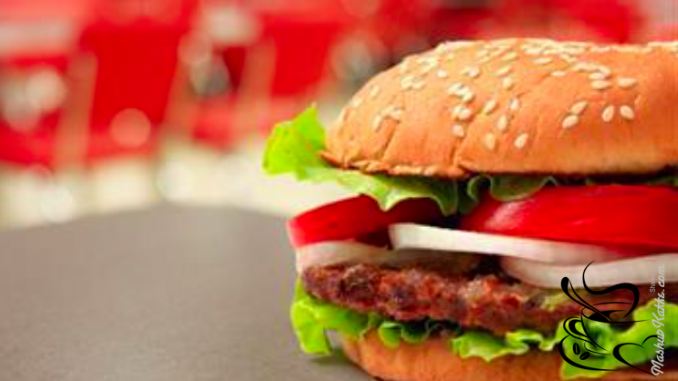
STORY AT-A-GLANCE
• In its 2019 Impact Report, Impossible Foods — maker of the Impossible Burger, a meat substitute using GMO soy — takes aim directly at regenerative ranching, claiming grass-fed cattle ranching generates higher amounts of greenhouse gas emissions than cows raised in CAFOs
• What the report fails to include is evidence showing grass-fed ranching actually has net negative emissions after all relevant factors are taken into account
• A life-cycle analysis (LCA) — performed by the same company that conducted Impossible Burger’s LCA — reveals the carbon footprint of beef from White Oak Pastures is 111% lower than conventional CAFO beef, as the “system effectively captures soil carbon, offsetting a majority of the emissions related to beef production”
• Regenerative grazing is a key activity required for the optimal sequestering of carbon dioxide from the atmosphere into our rangelands and pasturelands, while GMO soy production is associated with resistant super weeds and super pests and uncontrollable cross contamination
• According to the latest forecast by the National Oceanic and Atmospheric Administration, a dead zone the size of Massachusetts may develop in the Gulf this summer, thanks to heavy rains washing agricultural chemicals off farmland
Read more here

Leave a Reply
You must be logged in to post a comment.